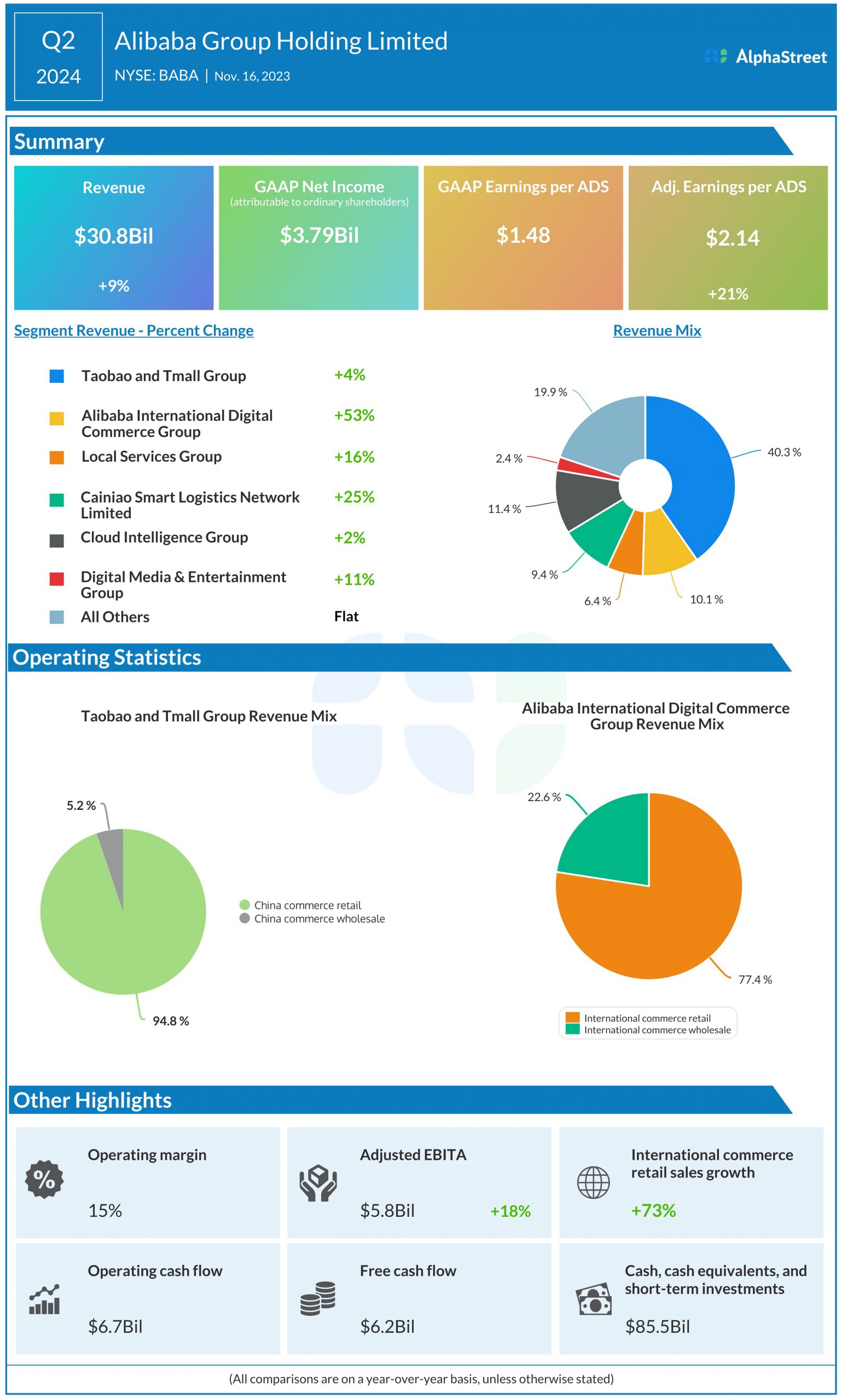Alibaba Group Holding Limited (NYSE: BABA) is the largest e-commerce and cloud company in China which is well ahead of its nearest competitors in terms of revenue performance and profitability. Recently, the business suffered a setback after the US government imposed a ban on chip exports to China, making it difficult for the company to access microprocessors required to upgrade its hardware.
Besides regulatory hurdles, Alibaba also faces challenges related to macroeconomic uncertainties and rising competition. The e-commerce behemoth’s stock has been in a downward spiral for quite some time, and it suffered a fresh jolt after last month’s earnings. Adding to the weak investor sentiment, the company recently shelved the plan to take private Cloud Intelligence Group, its cloud and AI business.
The Stock
Currently, BABA is hovering near the all-time lows of 2015. At its peak, the stock’s value was around $310 three years ago. However, the downturn looks temporary as the company has the potential to get back on track once external conditions improve. The good thing about the dip is that the stock has become much more affordable than at any time in the recent past. For investors, it would be a good idea to add the stock to their portfolios before it is too late.
In the second quarter, all key business divisions expanded, and as a result, total revenues rose by 9% to $30.8 billion. That translated into an impressive 21% growth in adjusted earnings per ADS to $2.14. Unadjusted profit was $3.79 billion or $1.48 per ADS.
“… going forward, we will give each of the existing businesses a different level of priority based on market size, business model, and product competitiveness and will distinguish between core and noncore businesses. Core businesses are where we will keep our long-term focus, intensively invest resources, pursue R&D, enhance user experience, and make sure that our products and services are constantly evolving to meet our users’ needs to keep them vital and competitive for the long term,” said Alibaba’s CEO Eddie Wu at the latest earnings call.
Restructuring
Alibaba has embarked on an organizational restructuring, with a focus on splitting the business into multiple units. Media reports last month revealed that the company shut down its quantum computing laboratory and donated the experimental equipment to a university, as part of the overhaul.
Earlier, the US government imposed a ban on the export of advanced microprocessors to China, over concerns that they could be used for military purposes. They include certain artificial intelligence chips and Nvidia’s GPUs, A800 and H800. The move might derail China’s ambitious plan to expand its computing power significantly by 2025.
Alibaba’s shares dropped a dismal 33% since the beginning of the year. It suffered sharp losses in recent sessions and traded lower on Wednesday afternoon.
